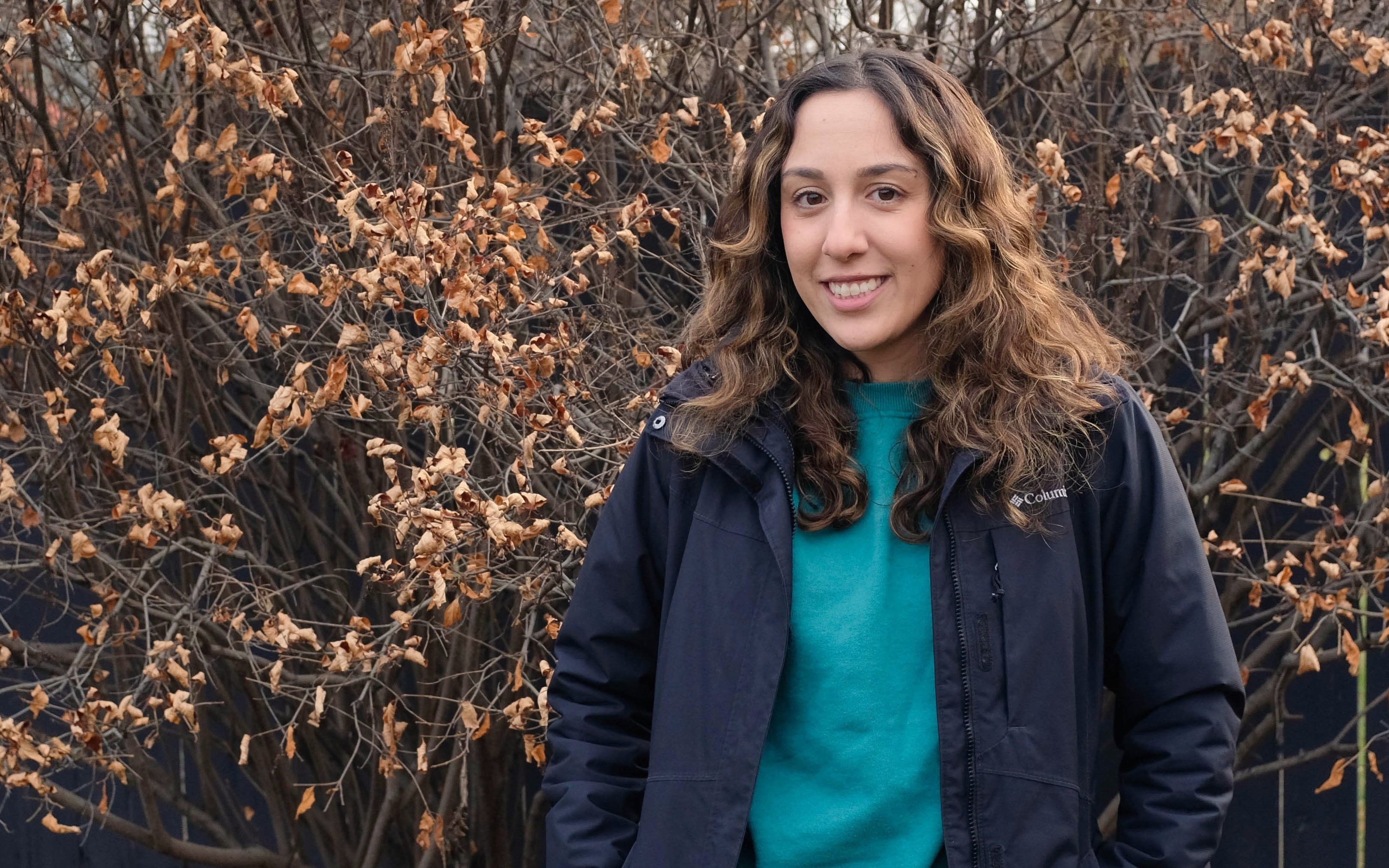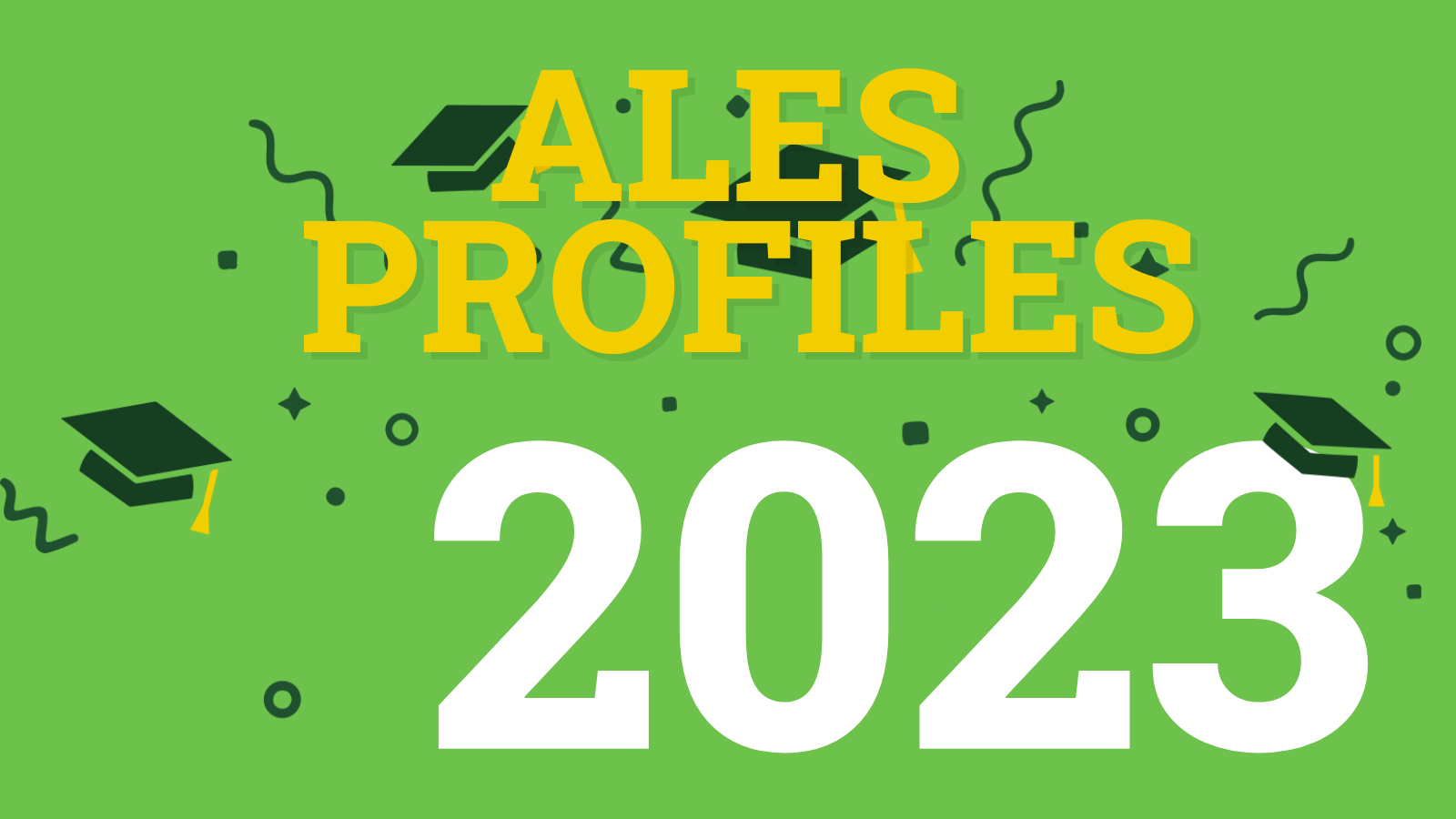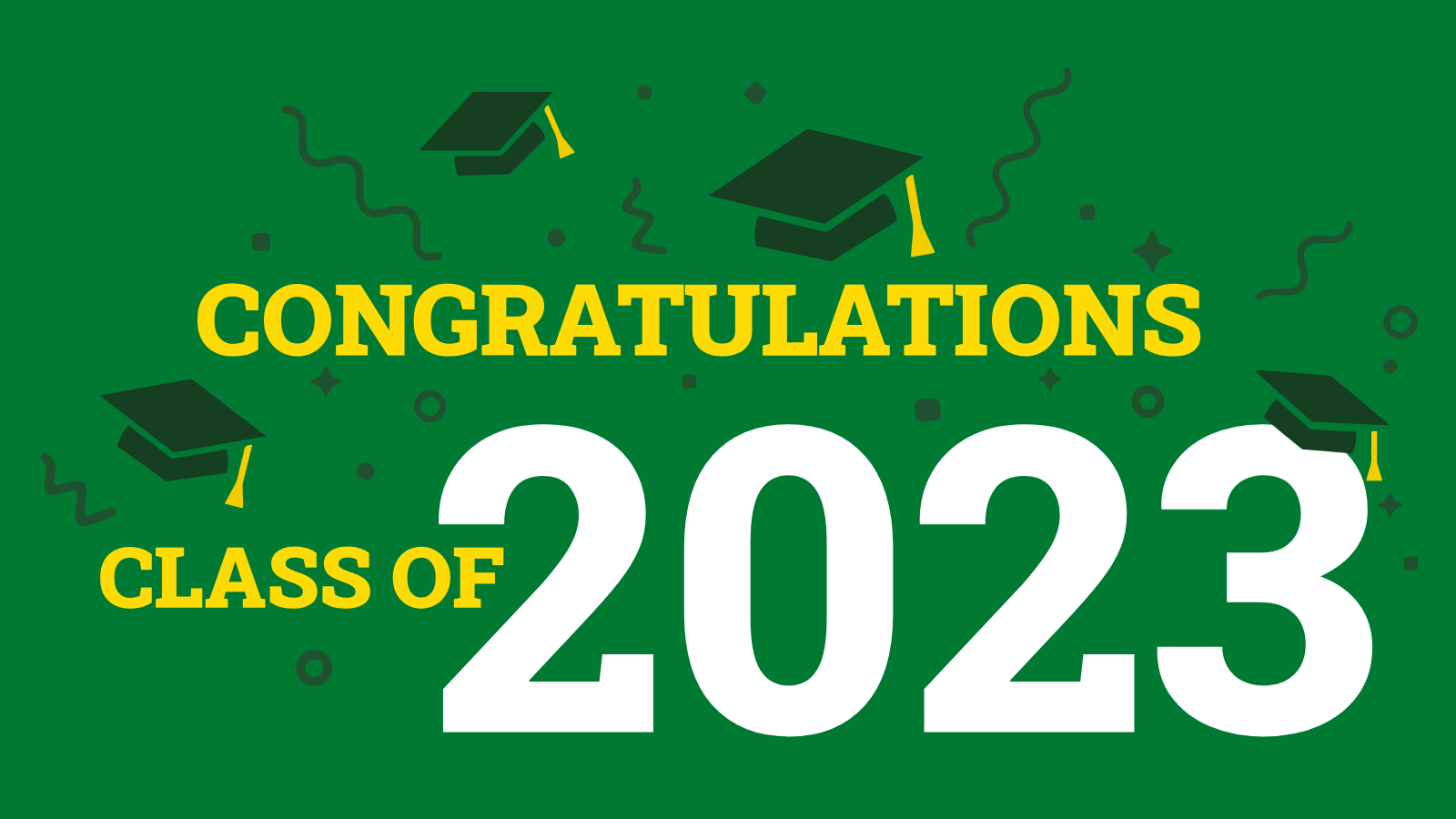Convocation ‘23: Marina Giannitsos, MSc Agricultural and Resource Economics
Donna McKinnon - 20 November 2023
While working in economic development and consulting, Marina Giannitsos was inspired by her colleagues in the industry to expand her knowledge of applied economic methods, leading her to pursue a graduate degree in Agricultural and Resource Economics at the University of Alberta.
As a former journalist and more recently, a student researcher, Marina’s knack for investigative inquiry and analysis has taken various forms throughout her life, but none as rewarding as the experience she gained while completing her graduate thesis, Homeowners' Risk Perceptions and Preferences for Property-Level Flood Protection.
Along with family and friends, she credits her supervisor, Vic Adamowicz, with providing her the necessary support and mentorship to achieve her goals.
Next up, Marina plans to publish her graduate research (and continue it in some capacity) and has recently started a new position as an economist with Environment and Climate Change Canada.
Congratulations Marina!
What led you to choose your current area of study, and why the U of A for your studies?
My journey to where I am now was not very direct — I sort of fell into it. I started with the career goal of becoming a journalist and pursued two degrees to that end — in journalism and international economics. I eventually decided that the lifestyle wasn’t for me and found my way into economic development and consulting, which still provided the opportunity to research, analyze and write about economics. After working for a few years, I was inspired by colleagues to expand my knowledge of applied economic methods. Many of them had received their graduate degrees from the Department of Resource Economics and Environmental Sociology at the University of Alberta, so I applied to the same program and the rest is history.
What is one of your favourite memories from your time at the U of A?
I think my favourite memory was conducting the primary research for my thesis. I spent an entire month of the summer of 2022 going door-to-door in Edmonton and surveying residents. It was difficult, but also such a rewarding experience to collect my own data. I also had the opportunity to do a four month graduate level research exchange at Kyoto University and it was an incredible experience.
Tell us about your favourite professor and/or class.
Vic Adamowicz was the supervisor for my thesis research, and I feel very lucky to have learned about the field of environmental economics and non-market valuation from him. He was (and continues to be) very supportive and he always made time to discuss the research, regardless of how busy he was. He is a great mentor and friend.
My favourite courses were AREC 565 Economic Valuation of Ecosystem Services (with Vic Adamowicz) and AREC 560 Land Use Economics (with Feng Qiu and Larry Laliberte). Not only were these courses interesting, but the applied skills I learned were invaluable in my thesis research and ability to get a job in environmental economics.
Did you take on any leadership roles while you were a student?
I was VP Academic for our department’s Resource Economics and Environmental Sociology Student Association (REESSA), in my second year. The role involved supporting students on academic issues, connecting first-year students with potential supervisors for their thesis research, and helping to choose speakers for our department’s seminar series. I really enjoyed the role because I love research and the academic environment; however, it was difficult at times due to COVID-19 limitations. The very purpose of these groups is to bring students together and the inability to have in-person events meant we had to get creative. I just hope it was meaningful for the students, regardless of whether we were in-person or on zoom.
Did you face any significant obstacles or challenges during your program?
I am sure I won’t be the only person to say this, but the isolation of being in the COVID-19 cohort was the most significant challenge during my program. It’s a bit of a blur now and sometimes I wonder how we all got through it. Thankfully, I had a great support system in my spouse, family and friends.
What advice do you have for current and future students?
Don't miss out on the opportunity to connect with and befriend your professors and other students in your program. They will become your peers in the field once you have graduated and it's a great feeling knowing you have others you can count on for support.
How do you plan on celebrating convocation?
I already celebrated after my thesis defense, so I am not sure if I will celebrate after convocation. If I do, maybe just a quiet dinner with my family.
What's next after graduation?
I have just started working as an economist with Environment and Climate Change Canada doing environmental research and regulatory analysis. I am also working towards publishing my graduate research. Although I am no longer a student, I hope to continue to do research, particularly in the areas of environment, conservation, natural hazard risk and climate adaptation.


